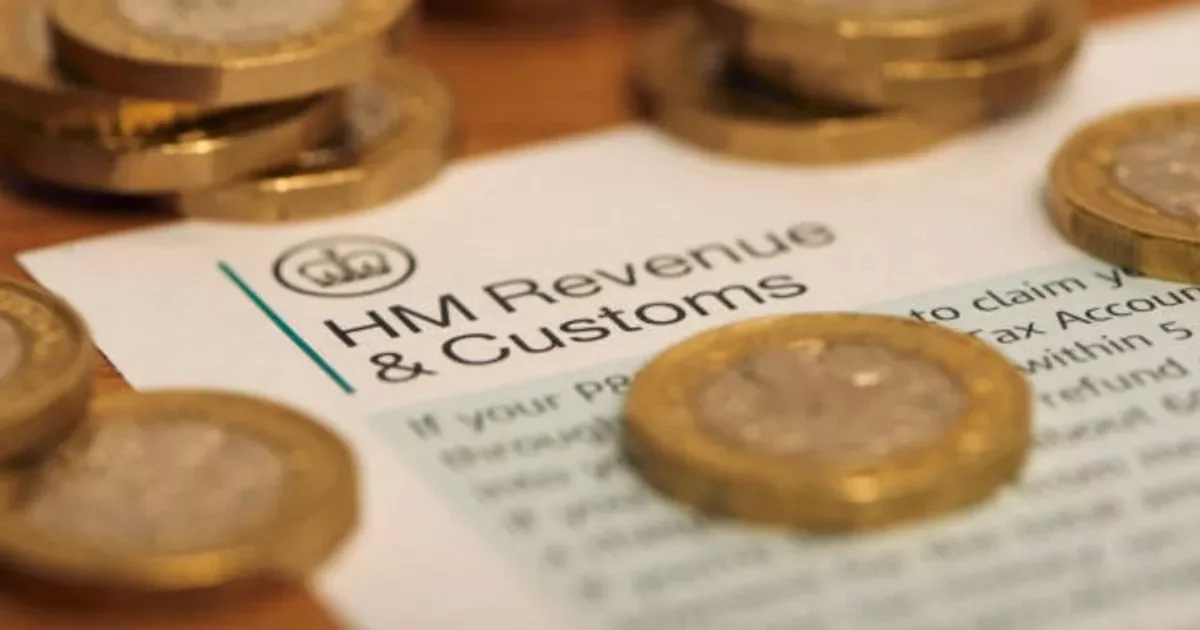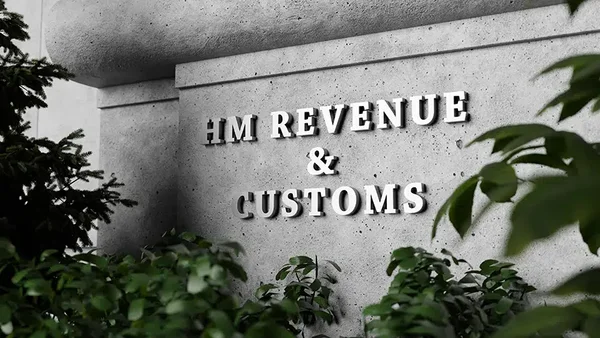Tax reminders for seasonal sellers
HMRC is intensifying efforts to ensure all taxable earnings, including those from small-scale seasonal businesses, are reported. In recent years, authorities have increased scrutiny of individuals supplementing their main income with sales from crafts, upcycled goods, or market stalls, particularly during the busy festive period.
Officials are responding to the growing popularity of side hustles in the UK. As many pursue extra revenue during the holidays, HMRC has prioritised awareness campaigns to clarify when casual selling becomes a taxable business activity.
Earning thresholds and self-assessment duties
A critical threshold applies for individuals involved in extra trading activity: anyone earning more than £1,000 in total from side jobs within the 2024–2025 tax year is legally required to register for self-assessment. They must submit a tax return and pay any owed tax by the official deadline of 31 January 2026.
This requirement applies uniformly, regardless of whether income is generated at physical stalls, through digital channels, or as a combination of various side activities. HMRC stresses that self-assessment registration is key to remaining compliant and avoiding future penalties.
Combined side income and registration requirements
HMRC has clarified that the £1,000 annual threshold encompasses all sources of self-employment income. For example, someone earning £600 from craft sales and £500 from providing digital services must register, as the cumulative amount exceeds the threshold.
The focus on combined earnings aims to address scenarios where individuals may operate several small ventures simultaneously. Those concerned about their liability are advised to track income streams carefully and consult official guidance for their specific circumstances.
New reporting rules for digital marketplaces
From 1 January 2024, new regulations have obliged online marketplaces to share selling data with HMRC. Platforms such as eBay, Vinted, and Airbnb must provide authorities with information on users who sell 30 or more items annually.
These changes are designed to improve transparency and detect undeclared trading activity. The rules follow a broader trend towards digital reporting and represent HMRC’s commitment to closing gaps in the declaration of online income, which is particularly relevant for those who use multiple platforms to reach buyers at Christmas.
Official guidance and campaign details
Earlier this year, HMRC launched the 'Help for Hustles' campaign, aimed at educating gig workers, market traders, and seasonal sellers about their tax obligations. The campaign provides resources and checklists to help individuals determine if they are trading and to support them through registration and filing processes.
Kevin Hubbard, HMRC’s director of individuals and small business compliance, explained, 'Whether you’re making handmade Christmas decorations, selling upcycled furniture, or running a seasonal market stall, it’s important to understand when your festive side hustle becomes taxable trading.' He added, 'Nobody wants an unexpected tax bill, so anyone earning more than £1,000 from their side hustle should tell HMRC.'
Financial and legal implications for small traders
Failing to declare taxable earnings can result in penalties and interest on unpaid sums. Seasonal sellers and hobbyists are reminded that tax compliance protects against retrospective investigations and bills that could affect household finances.
HMRC has reinforced that its guidance is intended to support rather than penalise budding entrepreneurs, encouraging early engagement with the self-assessment process.
The department continues to update advice on its website, where individuals can check if they need to file a return and access support for the upcoming deadlines.
Final Summary
As side hustling and festive trading continue to grow in popularity, HMRC has emphasised the importance of careful record keeping and timely registration for those earning additional income. The new reporting requirements for digital marketplaces further reflect the tax authority’s commitment to transparency and compliance across all trading platforms.
Seasonal entrepreneurs are urged to confirm their status before the self-assessment deadline to avoid penalties and ensure smooth financial operations. For those seeking detailed support, HMRC’s current guidance and campaign materials provide clear instructions.











